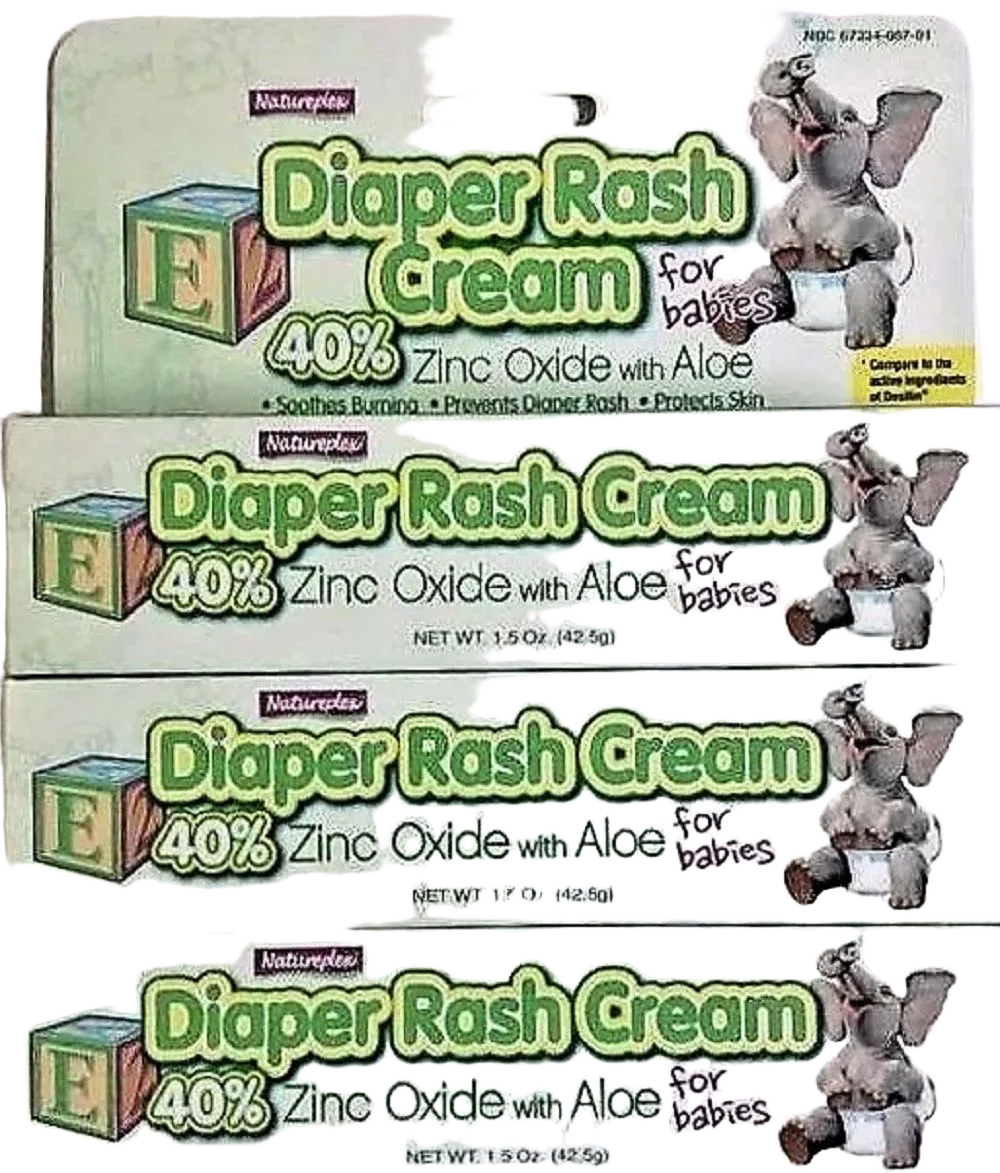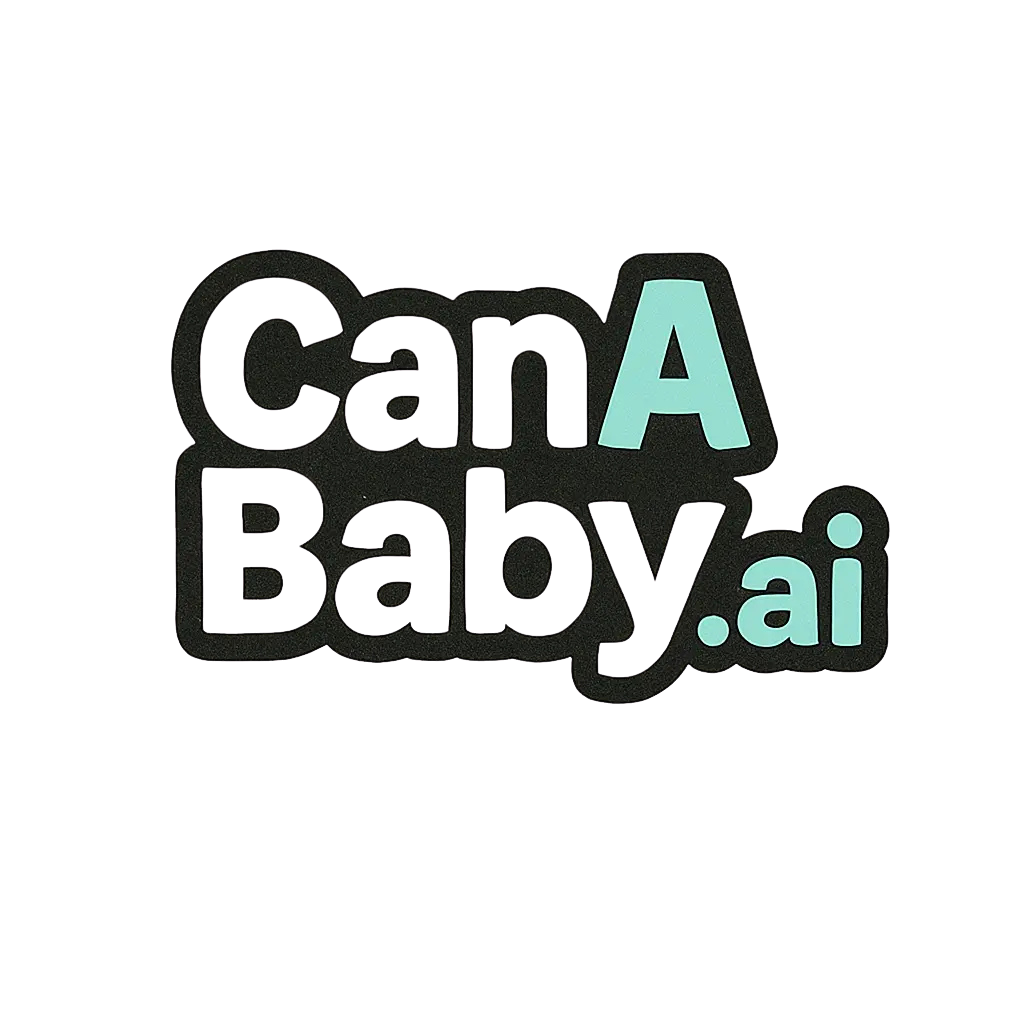Diaper Rash Cream 40% Zinc Oxide with Aloe for babies
skin protectant & rash ointment • For 6-12 month old babies • Skin contact 🧴
Product Images
Product Photo

Tap to enlarge
Ingredient List

Tap to enlarge
Can older babies use Diaper Rash Cream 40% Zinc Oxide with Aloe for babies?
Check for Different Age (6 available)
Ingredients Analysis (14 found)
Common Questions About Diaper Rash Cream 40% Zinc Oxide with Aloe for babies
Safe for older babies? Diaper Rash Cream 40% Zinc Oxide with Aloe for babies
Diaper Rash Cream 40% Zinc Oxide with Aloe for babies is not recommended for 6-12 month old babies due to potentially harmful ingredients.
What ingredients should I watch out for?
We analyzed 14 ingredients in Diaper Rash Cream 40% Zinc Oxide with Aloe for babies. 1 avoid, 1 concerning, 1 caution. Check the detailed analysis above for specific concerns.
Is this appropriate for older babies to using skin protectant & rash ointment?
The appropriate age depends on the specific ingredients. This analysis is for 6-12 month old babies. Use the age selector above to check other ages.
⚠️ Important Disclaimers
Product Recognition: Product names are identified by AI and may be incorrect. Always verify product identity yourself.
Safety Analysis: Evaluations are for research only - consult pediatricians for medical decisions.
No Guarantees: Results may be incomplete or inaccurate. Do not rely solely on this analysis.
